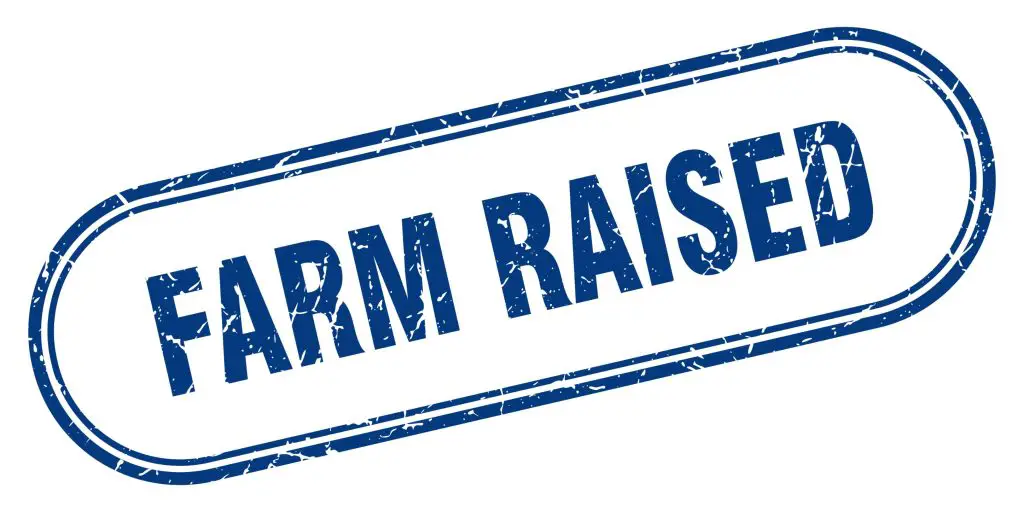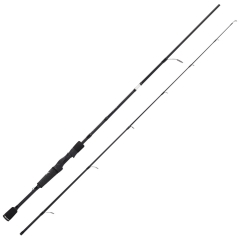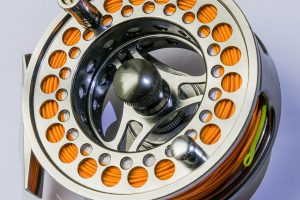The short answer is that grouper can be farm raised. Currently, Asia is home to the vast majority of grouper farms, with Taiwan, China, Indonesia, Japan, Malaysia, and Vietnam among the most prominent. Farms can use land-based or maritime water recirculating systems and coastal ponds. Grouper have been caught wild for many years but have only recently been farmed.
Where is the Grouper Farm?
Grouper farming is a new and growing industry. While grouper farming is currently practiced in Asia, Taiwan, China, Indonesia, Japan, and Malaysia are leading the way. Vietnam has also recently entered the market. The majority of grouper farms are located in Asia.
However, due to increasing demand for farm-raised grouper from markets around the world (including those in Europe), aquaculture operations have begun to crop up in other regions, including South America and Australia. In the United States, there are no currently operating grouper farms or aquaculture facilities producing this species for human consumption, so all American consumers purchase their grouper from retail markets where it was previously purchased by wholesalers who imported it directly from foreign sources, such as those listed above.
What are the Challenges?
There are many challenges to getting grouper farms up and running. The first challenge is the cost of equipment, labor, and feed. The second challenge is that not all locations have suitable water temperature or salinity levels for grouper growth. Thirdly, it will take time before enough farmed-raised grouper is available on the market to meet demand, and consumers may not want to settle for less-than-perfect wild caught grouper.
There are also a number of regulatory issues that need to be addressed before you could set up your farm. How you’ll prevent the disease from spreading among your fish? What waste disposal methods should be used? What marketing strategies will work best with local communities who might object if they feel their environment has been damaged by pollution from your farm site? Whether or not there are enough regulations already in place so that no new ones need adding?
Different Farming Methods
Grouper is farmed in different ways, with some methods causing less environmental damage than others. For example, ‘tuna ranching’ farms are land-based pens that allow the fish to be fed pellets of food and waste material from other sources. This method has been shown to cause less pollution and harm to the environment compared to other methods of grouper farming, such as cages that trap large numbers of small fishes or pens where large amounts of wild-caught fish are concentrated together.
Why Grouper Farming?
The grouper, which is a type of fish, has been popular for many years. It’s often served in restaurants and can be purchased in grocery stores, but recently, there’s been an increased demand for grouper farming. This means that more grouper farms are popping up around the world. While this may be good news for those who love eating grouper, it also raises some questions about how these farms impact water quality and other aspects of our environment.
That’s why there’s been an increased demand for grouper farming. This means that more grouper farms are popping up around the world. While this may be good news for those who love eating grouper, it also raises some questions about how these farms impact water quality and other aspects of our environment.
Economic Benefit
Grouper farming can have a positive impact on the economy. The industry currently employs thousands of people and provides an alternative income source to coastal communities where fishing is impossible due to overfishing or pollution. Grouper farming also provides jobs for fishermen unable to make a living through traditional fishing methods such as trawling and netting.
In addition, grouper farming can generate revenue from state sales taxes on fish products sold at supermarkets or restaurants near where they grow these animals.
Why Grouper Farming is Hard?
Despite its popularity, grouper farming is hard. Grouper is a difficult species to farm. One reason for this is that grouper does not breed well in captivity. In the wild, grouper release sperm and eggs into the water where fertilization occurs, and larvae hatch from eggs that fall to the sea floor. This process cannot be replicated at fish farms without natural spawning grounds or food sources for larvae or juvenile fish.
Another challenge facing grouper farmers is disease outbreaks and escapees from pens. Grouper’s sensitivity to temperature changes makes it difficult for farmers to maintain optimal conditions for their stock without causing stress which may result in disease outbreaks among farmed animals (CITES 2018).
There have also been instances of escaped farmed groupers breeding with wild populations leading to genetic modifications in wild stocks. Finally, consumer demand has driven prices up so high that many would rather pay more than they did ten years ago when grouper was much less expensive than today’s prices due mainly to increased demand driven by rising incomes worldwide, especially in Asian countries such as Japan.
Conclusion
The grouper farming industry has had its fair share of ups and downs. It’s still growing, but it’s growing slowly. Some people say grouper farming is hard because of the high cost of labor and materials involved in producing the fish. Still, others say it’s just a matter of finding new ways to farm them more efficiently with fewer resources. Either way, there are ways we can all help make this industry sustainable for generations to come.













Pingback: Differences Between Grouper vs. Perch | Reel Fishing Guru
Pingback: What is a Rock Hind Grouper? | Reel Fishing Guru